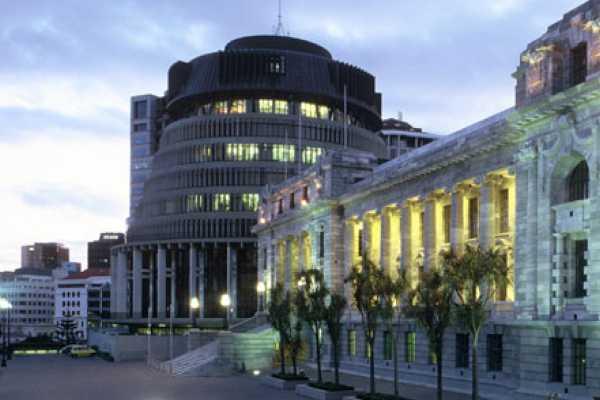Published on the 24/01/2017 | Written by Donovan Jackson

‘Technology is at the heart of improving productivity of government services’…
Even as technology increasingly defines the human condition, and even though it is widely recognised that the application of technology improves productivity, New Zealand is going backwards in that department when compared with its peers.
That’s according to NZTech CE Graeme Muller, who said productivity lies at the core of New Zealand’s long-term economic challenges. “Hard won in a small isolated economy, productivity in New Zealand has declined over the past 40 years, compared to other small developed economies. With services making up 70 percent of New Zealand’s GDP, it is here that the greatest productivity challenge exists,” he said in a statement.
Muller said technology is at the heart of improving the productivity of government services as NZTech readies up for its second annual Advance Government and Technology Summit which takes place in Wellington on February 28.
The association, which represents the who’s who of the local technology industry, made the lofty claim that the one-day event ‘will play a landmark role in helping New Zealand become a stronger digital nation’.
“Transforming government services will lead to better outcomes for all New Zealanders, especially those in most need. With up to 40 percent of all money spent on tech in New Zealand spent by the public sector, enabling agencies to share innovative ways of using technology will drive better public services,” said Muller.
Yet, while technology holds the keys to the transformation that government is looking for, Muller noted potential issues: “The environment in many government agencies does little to nurture innovation. While there is a proliferation of data in government agencies, a resistance, or inability, to share and collaborate is undermining the value of the data.”
That’s an issue which was memorably tackled by Wellington-based ICT consultant Andrew Brice. Noting plenty of data but little information, he went ahead and created the Zyan Bass tool to make sense of it. And it is to this tool that we turn to get an idea of the numbers: according to Brice’s information, total ICT spend comes to a whopping $1,119,539,000. One billion one hundred and nineteen million five hundred and thirty nine thousand dollars. That was for 2013/2014, so the assumption is that this will have increased; spend is, of course, a terrible measure of value.
Just recently, the IRD has announced further developments in its IT spend, with a $25-million decade-long knowledge management initiative getting underway, while it is also seeking ideas from those with analytics solutions (which sounds awfully open-ended).
Muller said discussions between government and industry are now far more “gritty” and open, and able to grapple with real issues faced by agencies. He added that NZTech’s event will offer insights from people working behind the scenes about the government’s ICT strategy framework and the complex issues behind the government adoption of the public cloud.
“New Zealanders need to understand the benefits and challenges of implementing the acceleration of public cloud services. We must realise the deeper implications of working with data and security in the cloud,” he concluded.



























